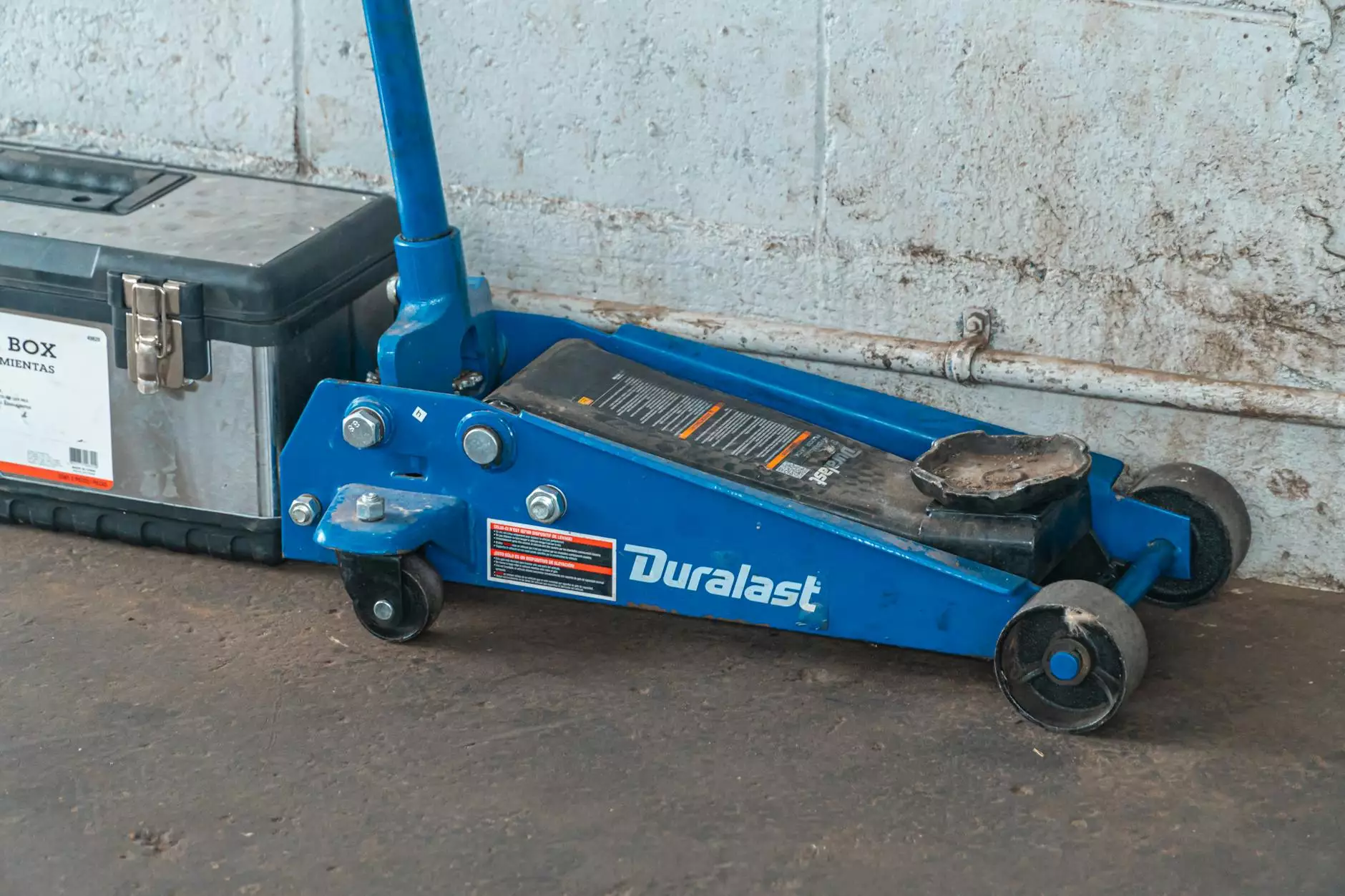Industrial Water Treatment Equipment: A Comprehensive Guide

Industrial water treatment equipment plays a pivotal role in various industries by ensuring that water is purified and reused efficiently. This article delves into the intricacies of water treatment solutions and their significance in today's industrial landscape.
Understanding the Importance of Industrial Water Treatment
Water is a crucial resource for various industries, from manufacturing to food processing. With the increasing need for sustainable practices, industrial water treatment has become essential. Here are some key reasons why businesses need robust water treatment systems:
- Environmental Compliance: Industries are often regulated by environmental laws that dictate the quality of water discharged into the ecosystem. Using advanced water treatment equipment helps comply with these regulations.
- Resource Conservation: Treating and reusing water significantly reduces the demand on natural water resources, promoting sustainability.
- Operational Efficiency: Clean water is vital for many processes. Utilizing industrial water treatment ensures that operations run smoothly without unforeseen disruptions.
- Cost Savings: Recycling water not only reduces water bills but also decreases the costs associated with water procurement and wastewater disposal.
Key Types of Industrial Water Treatment Equipment
The market for industrial water treatment equipment is vast, comprising various technologies and systems tailored to meet specific needs. Here are some of the most prominent types:
1. Reverse Osmosis Systems
Reverse osmosis (RO) is a widely used process that removes impurities by pushing water through a semi-permeable membrane. This system is particularly effective for:
- Desalination
- Removing heavy metals
- Eliminating organic pollutants
2. Ultrafiltration Equipment
Ultrafiltration (UF) employs a membrane filter with larger pore sizes than RO, allowing water to pass through while capturing suspended solids and macromolecules. This equipment is ideal for:
- Pre-treatment for RO systems
- Process water treatment in various industries
3. Ion Exchange Systems
Ion exchange technology is crucial for softening water and removing specific ionic contaminants. It’s predominantly used in:
- Boiler feedwater treatment
- Electronics and pharmaceuticals manufacturing
4. Disinfection Systems
Disinfection methods, such as UV radiation and chlorination, are essential for killing pathogens and ensuring microbial safety. This equipment is widely used in:
- Municipal water treatment plants
- Food and beverage industries
5. Wastewater Treatment Plants
Industrial facilities often produce wastewater that must be treated before disposal. Wastewater treatment plants remove contaminants through various processes, ensuring that the water released back into the environment meets regulatory standards.
Benefits of Using Advanced Water Treatment Technologies
Investing in industrial water treatment equipment offers numerous benefits, which include but are not limited to:
- Enhanced Water Quality: Advanced treatment processes ensure high-quality water suitable for various applications.
- Reduction in Water Expenses: By reusing treated water, industries can significantly cut down on their water procurement costs.
- Protection of Equipment: High-quality water prevents scaling and corrosion in pipes and machinery, extending their lifespan.
- Boosted Public Image: Companies that adopt sustainable practices tend to enjoy a better reputation among consumers and stakeholders.
Challenges in Industrial Water Treatment
While the benefits are substantial, there are challenges to implementing water treatment solutions:
- High Initial Costs: The upfront investment for purchasing and installing sophisticated treatment equipment can be significant.
- Maintenance Needs: Regular maintenance is necessary to ensure optimal performance, which can demand additional resources.
- Skilled Personnel: Operating advanced water treatment systems requires trained staff, which may require investment in training or hiring.
Future Trends in Water Treatment Technology
As industries evolve, so do water treatment technologies. The future points towards innovative solutions such as:
- Smart Water Systems: Integration of IoT for real-time monitoring and automated adjustments of treatment processes.
- Membrane Technology Advances: Development of new membranes that enhance efficiency and reduce fouling rates.
- Biological Treatment Innovations: Enhanced biological treatment methods that utilize microorganisms for superior pollutant removal.
Conclusion
In conclusion, the role of industrial water treatment equipment in today's industrial landscape cannot be overstated. As businesses face increasing pressure to adopt sustainable practices, investing in advanced water treatment technologies is more crucial than ever. By improving water quality, ensuring compliance, and enhancing operational efficiency, industrial water treatment not only benefits the environment but also drives economic gains.
For industries looking to incorporate effective water treatment solutions, partnering with reliable suppliers like Bimak Skimya is essential. They provide comprehensive services spanning water purification, water supply, and water store solutions to meet every business's needs.









